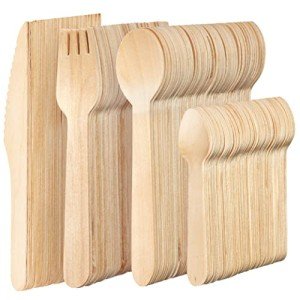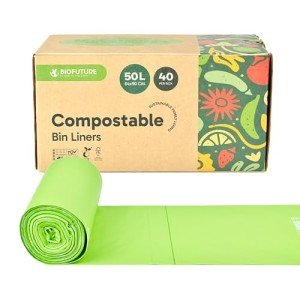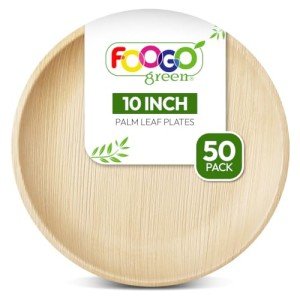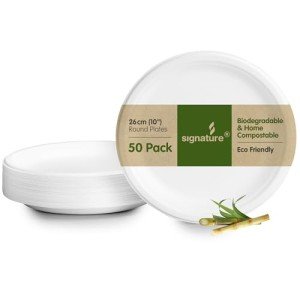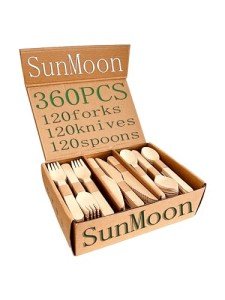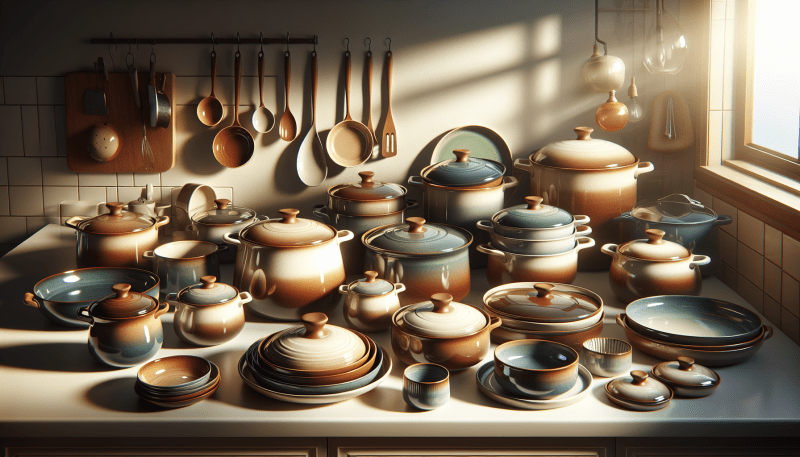Choosing biodegradable products offers a range of significant benefits that contribute to a healthier planet. Firstly, these products break down naturally, reducing the amount of waste that ends up in landfills. Unlike traditional plastics, which can take hundreds of years to decompose, biodegradable materials can return to the earth, helping to replenish the soil and reduce pollution.
Another major advantage is that biodegradable products often have a smaller carbon footprint. Many of these items are made from renewable resources, which means they use less fossil fuel in their production. This not only helps to reduce greenhouse gas emissions but also conserves natural resources. When we opt for biodegradable options, we support a sustainable cycle that is kinder to our environment.
Furthermore, using biodegradable products can enhance public health. As they break down and decompose, they do not release toxic substances into the environment, unlike some non-biodegradable materials. This means cleaner air and water for everyone, reducing the risks of harmful pollution-related illnesses.
Lastly, opting for biodegradable products encourages innovation and economic growth in green technologies. As demand for these eco-friendly items increases, companies are motivated to develop better biodegradable solutions, creating jobs and promoting a shift toward a sustainable economy. By making this simple choice, consumers play a vital role in nurturing a greener future.
How Biodegradable Materials Work
Biodegradable materials are designed to break down naturally and return to the environment. Unlike traditional plastics, which can linger in landfills for hundreds of years, biodegradable substances can decompose in a matter of months or years, depending on the conditions. This process occurs thanks to microorganisms, such as bacteria and fungi, which work to break down the organic matter found in these materials.
One of the key factors that influence how well a biodegradable material decomposes is its composition. Many biodegradable products are made from natural materials, such as cornstarch, sugarcane, or plant-based polymers. These materials are more easily recognized by microbes and can be digested more readily. When biodegradable items are exposed to moisture, heat, and microbial activity—conditions typically found in compost heaps or landfills—they begin to break down efficiently.
The process of decomposition starts when microbes and enzymes attack the biodegradable material's structure. They break the substance down into smaller molecules, eventually converting it into carbon dioxide, water, and other natural substances. The final stage results in nutrient-rich compost, which can support plant growth. This cycle not only helps reduce waste but also enhances soil quality, promoting a healthier ecosystem.
It’s important to note that not all biodegradable materials break down at the same rate or in the same conditions. For instance, some biodegradable plastics require industrial composting facilities to decompose effectively, as they need higher temperatures than those typically found in home compost bins. Understanding these nuances can help consumers choose the right products that align with their eco-friendly goals.
Everyday Biodegradable Options Available
In our daily lives, we make countless choices that impact the environment. One of the easiest ways to contribute to a greener tomorrow is by opting for biodegradable options. These products break down naturally and reduce landfill waste, making them a great alternative to traditional items that can take hundreds of years to decompose.
Shopping bags are a great place to start. Instead of using plastic bags, consider switching to paper bags or even better, reusable fabric bags made from organic materials. Many stores now offer biodegradable bags that can break down more quickly than regular plastic. By choosing these alternatives, you’re not only reducing plastic pollution but also encouraging businesses to adopt sustainable practices.
In the kitchen, there are plenty of biodegradable items to consider. Compostable plates, cutlery, and straws made from materials like cornstarch and bamboo are perfect for parties and picnics. They provide the convenience of disposables without the environmental guilt. Plus, they add a nice touch to your gatherings, showing your guests that you care about the planet.
Biodegradable Wooden Cutlery Set - 200 Pieces
A sustainable solution for your serving needs that promotes an eco-friendly lifestyle
Product information
SGD 17.34
Product Review Score
4.9 out of 5 stars
186 reviewsProduct links
Beyond food and shopping, there are everyday hygiene products that are now available in biodegradable forms. Look for toothbrushes with bamboo handles, biodegradable toothpaste tablets, and natural sponges. These items may seem small, but they can significantly reduce plastic waste while still ensuring that you maintain good personal hygiene.
Making the Switch to Biodegradables
Making the switch to biodegradable products is an exciting step towards a cleaner, greener future. As more people become aware of the impact that plastic waste has on our planet, the demand for eco-friendly alternatives is rising. Biodegradable products are designed to break down naturally, reducing pollution and minimizing harm to wildlife and ecosystems.
Transitioning to biodegradable options can be easier than it seems. Start by assessing your everyday items—think about bags, utensils, and even personal care products. Many brands now offer biodegradable alternatives that function just as well as traditional products. For instance, you can swap out plastic straws for those made from plant-based materials or choose biodegradable trash bags that decompose over time.
Eco-Friendly Compostable Bin Liners - 40 Pack
Protect the planet while keeping your kitchen clean and sustainable with our durable compostable bin liners
Product information
SGD 24.28
Product Review Score
4.2 out of 5 stars
196 reviewsProduct links
It’s also important to look for certifications and labels when selecting biodegradable products. Not all biodegradable materials break down in the same way or at the same rate, so understanding what you’re buying can help in making responsible choices. Products that are certified compostable will typically break down in industrial composting facilities, while others may decompose in home compost setups.
Making small changes can lead to significant impact over time. Encourage your friends and family to join you in this journey by sharing your favorite biodegradable products. By collectively opting for greener alternatives, we can create a ripple effect that inspires more people to think about how their choices affect the environment. The shift toward biodegradable products is not just a trend; it's a movement toward sustainability that benefits everyone.

